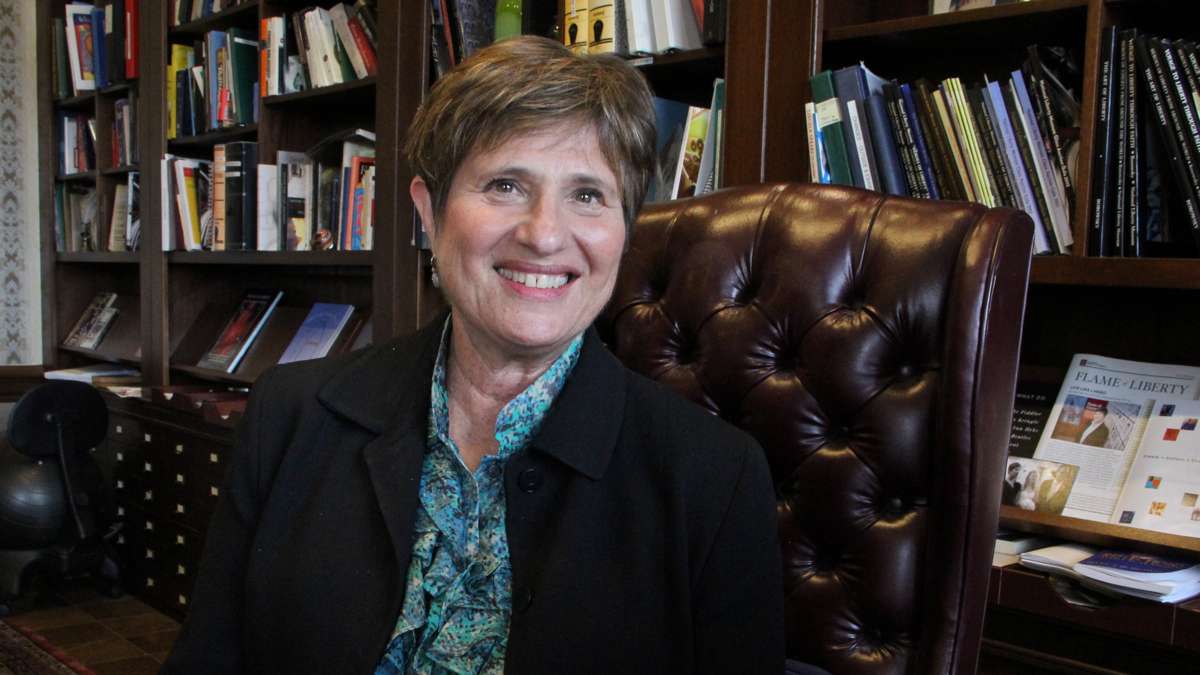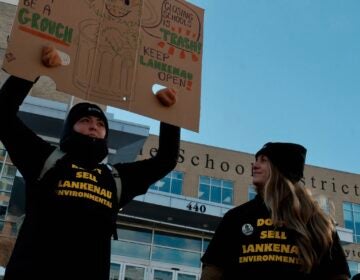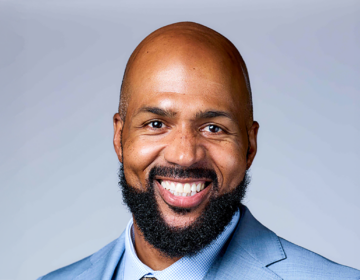Pa. House passes $2-per-pack Philly cigarette tax on to Senate
In a 114-84 vote, the Pennsylvania House of Representatives Monday once again approved the $2-per-pack Philadelphia cigarette tax for city schools.
The measure could get a vote in the Senate as soon as Wednesday. Gov. Tom Corbett has pledged to sign the bill upon passage.
The Philadelphia School District is counting on the cigarette tax to generate $49 million this fiscal year to avoid a slate of more than 1,000 layoffs that district officials warn would turn schools into “empty shells.”
In order to generate this revenue, the district says collections must begin by Oct. 1.
House Majority Leader Mike Turzai, R-Allegheny, assured school Superintendent William Hite in August that the district could count on cigarette tax revenue by October.
The House first passed the cigarette tax on July 2, but disagreements with the Senate over unrelated items trapped the omnibus measure in a game of legislative pingpong.
That game may not yet be over.
Senate leaders may want to stick with the bill as they’ve already twice passed it. This iteration includes provisions that allow hotel taxes to be hiked in some counties and allow some cities to apply for tax credits for community revitalization improvement zones (CRIZ).
House leaders dislike these provisions, lamenting the fact that expanding CRIZ eligibility could cost the state general fund $70 million.
The Senate leadership’s spokesman said another end run is not likely.
“We are very eager to get this issue resolved, to get a bill to the governor’s desk,” Erik Arneson said in a telephone interview shortly after the House vote. “I don’t see any movement to try to put those issues back into the Philadelphia cigarette tax bill.”
Arneson said lawmakers have started work on separate bills for the hotel taxes and CRIZs.
What’s the difference between now and early July?
“The passage of time,” said Arneson. “People being able to get a better understanding of the importance of the issue to Philadelphia, people being able to better express their viewpoints on the other issues that had been in the same bill.”
If the Senate doesn’t vote Wednesday, its next chance will be a session scheduled for Oct. 6.
If the House and Senate had reached consensus in early July, the levy would have generated an additional $13 million for schools this year, according to the district’s revenue projections.
Council President Darrell Clarke, who watched the preceedings from the balcony of the House, said he had his “fingers crossed” that the Senate would move the bill quickly.
He praising the bill’s bipartisian support in the house, but warned that Philadelphia’s schools were still far from out of the woods.
“With all due respect to a lot of people, it’s still a short term solution,” he said. “We still need to work on a broader funding formula, but that’s a conversation for another day.”
The bill as passed by the House gives lawmakers the option to end the levy after five years. It also includes an amendment from Rep. John Taylor, R-Philadelphia, that makes it easier to start a new charter school in Philadelphia.
The amendment allows new charter applicants to petition the state charter appeals board (CAB) if they are rejected by the Philadelphia School Reform Commission.
As is, appeals in Philadelphia are the sole purview of the SRC, which was exempted from the CAB process in the state-takeover legislation of 2001.
The SRC last approved a batch of independent charter schools in 2009. Since then, the commission has converted 21 traditional district schools into Renaissance charters.
Proponents of the measure say it will give Philadelphia citizens better educational options. Opponents worry the change could lead to unfettered charter expansion, which would further deplete the district’s resources, undercutting the short-term gains of the cigarette tax.
WHYY is your source for fact-based, in-depth journalism and information. As a nonprofit organization, we rely on financial support from readers like you. Please give today.










